Wagner may not be disbanded after the weekend riot, but it will likely be placed under the tight control of the Russian Defense Ministry .
The atmosphere in Russia seems to have calmed down after the uprising of the private military group Wagner on June 24. Moscow and surrounding regions have lifted the anti-terrorist mechanism, which was applied to mobilize armed forces to deal with Wagner gunmen as they advanced on the Russian capital.
The rebellion was quelled when Wagner boss Yevgeny Prigozhin reached an agreement with the Kremlin, withdrawing his troops to barracks about 200 kilometers from Moscow. In return, Russia did not pursue Wagner militants, and Prigozhin was allowed to leave the country for Belarus.
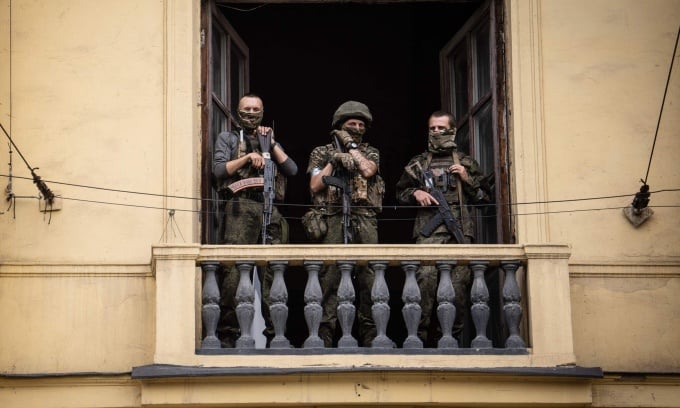
Wagner members in Rostov-on-Don, Russia, on June 24. Photo: AFP
This is the most serious political crisis in Russia in decades and the fate of Wagner and tycoon Prigozhin after the incident remains unclear.
The Wagner Group has long been an integral part of Russia’s military operations in Ukraine, and is considered an effective tool for promoting Moscow’s influence and interests in several regions of the world, including Africa and South America. Wagner has signed security contracts with several African countries in exchange for the right to mine gold and minerals there.
So many people were shocked when Prigozhin led thousands of troops into Rostov province in southern Russia in the early morning of June 24, took control of the headquarters of the Southern Military District, and then sent units along the M4 highway towards Moscow to "punish" Defense Minister Sergey Shoigu. Prigozhin had previously accused Shoigu of ordering the launch of missiles at the Wagner barracks, causing many deaths, a claim denied by the Russian Defense Ministry.
Wagner fighters have returned to their barracks in Ukraine, but it is unclear whether the group has been disbanded and what impact such a move might have on the conflict in Ukraine and other areas where Wagner mercenaries are active.
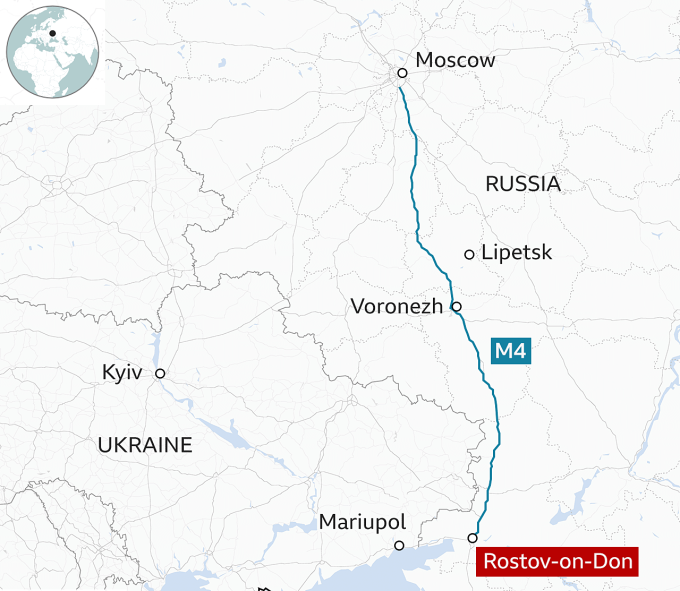
The direction of Wagner forces during the rebellion on June 24. Graphics: BBC
Deputy Andrey Kartapolov, chairman of the Russian State Duma Defense Committee, said the body was considering a draft law regulating the activities of the Wagner group, but did not give details.
It is unlikely that Russia will be able to suddenly disband Wagner by decree without causing major disruptions, especially when this group has at least 25,000 fully armed fighters and modern equipment such as tanks, armored vehicles, and heavy artillery. In fact, this force has helped Moscow achieve many achievements in the military campaign in Ukraine, especially in Bakhmut.
“There is no way for President Vladimir Putin to easily disband Wagner units. The question is whether they will continue to coordinate with Russian military leaders to pursue military objectives in Ukraine,” said Andrew Weiss, vice president for studies at the Carnegie Endowment for International Peace, based in Washington.
According to Weiss, despite being considered a rebel force, Wagner will likely continue to play a key role in Russia's campaign in Ukraine, in the context that Moscow is in dire need of this experienced combat force to deal with Kiev's counterattacks.
Dmitri Alperovitch, co-founder and president of US-based policy consultancy Silverado, said the rebellion would have only a "minimal impact" on the fighting in Ukraine, noting that Prigozhin himself had said Wagner's operations would continue, despite his conflict with the Russian Defense Ministry.
Still, Alperovitch said Russia will have to be much more wary of Wagner after this incident. "Prigozhin is still there. Wagner still exists and has a lot of weapons, and has shown itself to be a good fighter," he said.
Wagner's future, he said, will depend largely on what Prigozhin says or where he appears in the coming days, after reaching an agreement with the Kremlin. Under the agreement, Prigozhin will not face criminal charges over the rebellion, but he has been branded a "traitor" by President Putin.
Prigozhin's spokesman told Russian media outlet RTVI on June 25 that he "greeted everyone" and would answer questions when he had better phone signal. Belarus, which agreed to take in Wagner, has not released any information about his whereabouts.
The conflict between Wagner and the Russian Defense Ministry had been simmering long before the uprising. Prigozhin blamed the Russian military leadership for the failure of the offensive in Ukraine, accusing Shoigu and other top commanders of “treason” for not supplying Wagner with ammunition. The Defense Ministry denied the accusations.
Earlier this month, Minister Shoigu announced that members of private military companies, including Wagner, would have to sign contracts for military service by July 1. Alperovitch said this could be what prompted Prigozhin to rebel.
"Prigozhin wanted complete control over Wagner and declared that he would not obey that order. It is clear that as the clock was ticking towards July 1, he was desperate to prevent it," Alperovitch said.
Some other Russia experts say Prigozhin's bold move is an attempt to gain more resources for Wagner, while increasing his influence over military strategy in Ukraine.
"No one has challenged President Putin's power so directly," said Weiss. "But Wagner's core goal is not to overthrow the government, but to further expand Prigozhin's position and power."
Kremlin spokesman Dmitry Peskov said late on June 24 that authorities would drop charges of “inciting an armed uprising” against Prigozhin. Wagner members who joined him would not be prosecuted, and fighters who did not take part in the uprising would be contracted by the Defense Ministry.
However, Russia's three main news agencies TASS, RIA and Interfax today quoted an anonymous source in the prosecutor's office as saying that the criminal case against Prigozhin has not been dropped and the investigation is ongoing, making the future of Wagner boss even more uncertain.
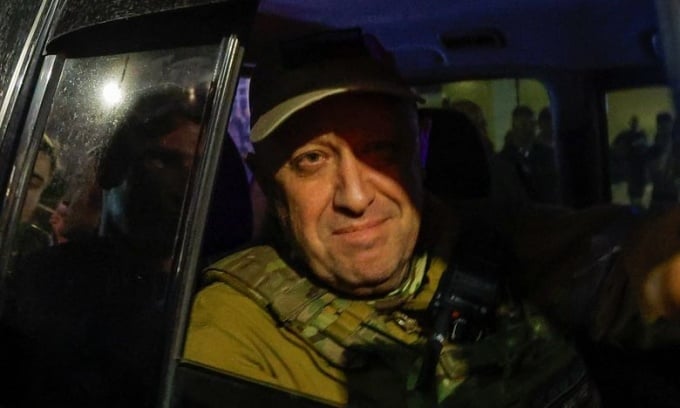
Wagner leader Yevgeny Prigozhin outside the headquarters of Russia's Southern Military District in the city of Rostov-on-Don on the night of June 24. Photo: Reuters
Prigozhin’s political influence and ambitions are likely to disappear after the incident. His business prospects in Russia are also likely to be shattered. Prigozhin’s business page on the social media platform VK has been shut down, and several Wagner recruitment centers across the country have also ceased operations. The group’s headquarters in St Petersburg have been cordoned off and searched, where police have seized large sums of money.
The Belarus-brokered deal removes Prigozhin's control over Wagner, but it is unclear whether the group's fighters will continue to follow him.
“Those fighters are likely to sign contracts with the Russian Ministry of Defense, or may decide to leave the force or go to Belarus,” a team of experts from the Institute for the Study of War (ISW) said in a report on the Wagner rebellion.
Prigozhin is said to be revered by Wagner members and many fighters have sworn allegiance to him. A former Wagner commander told the Guardian that many fighters would choose to stick with Wagner and not take orders from military commanders.
If Wagner fighters regroup in Belarus with Prigozhin, many fear the group could regain strength and even try to gain access to Russian nuclear weapons deployed there. Dmitry Medvedev, deputy head of Russia’s Security Council, expressed concern about Russia’s vast nuclear arsenal falling into Wagner’s hands when the rebellion broke out over the weekend.
"The world will be on the brink of destruction if Wager gets nuclear weapons," Mr. Medvedev warned.
Vu Hoang (According to NPR, AP, Guardian )
Source link


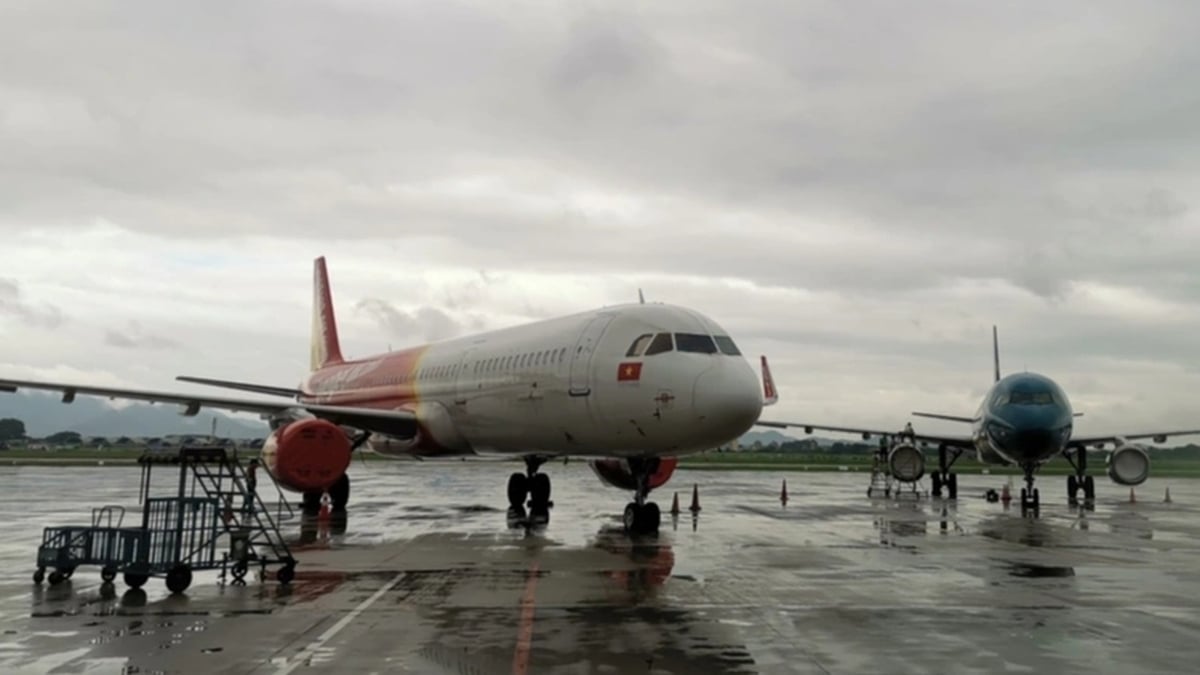
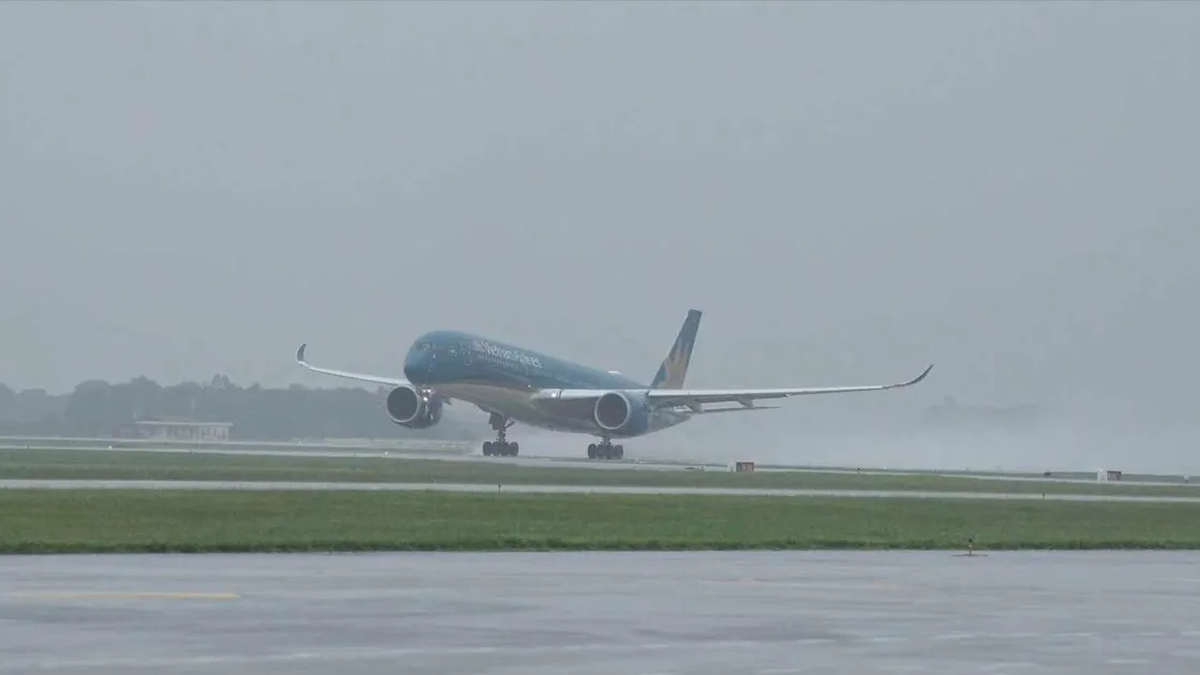
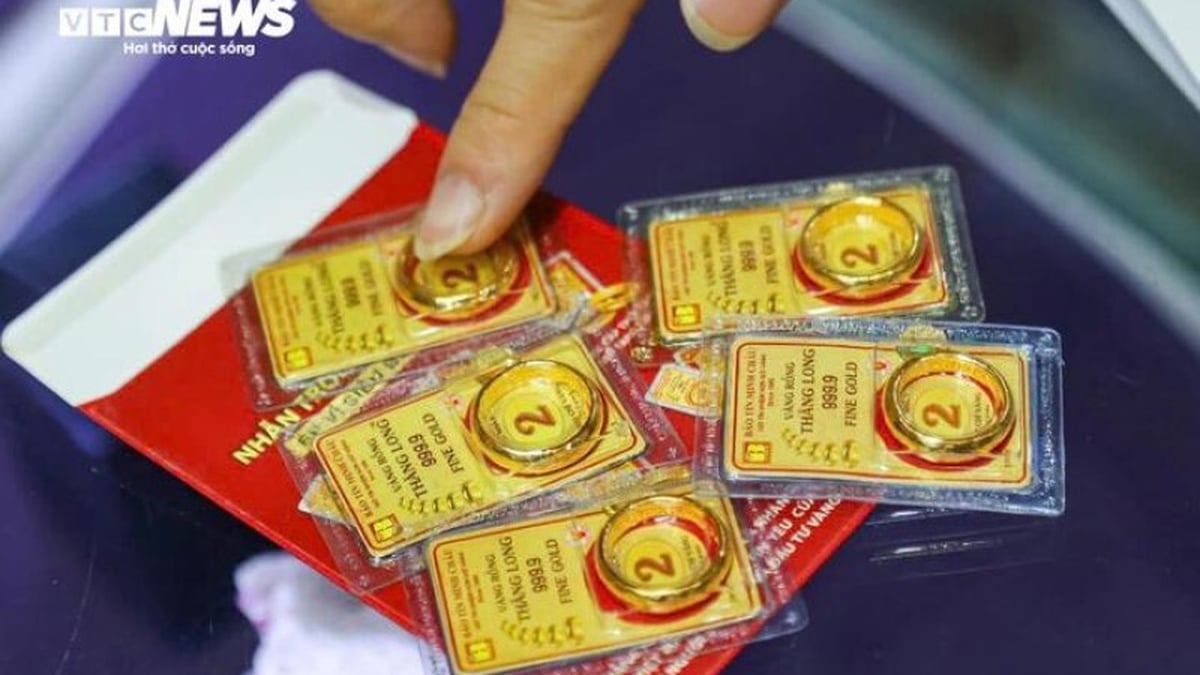


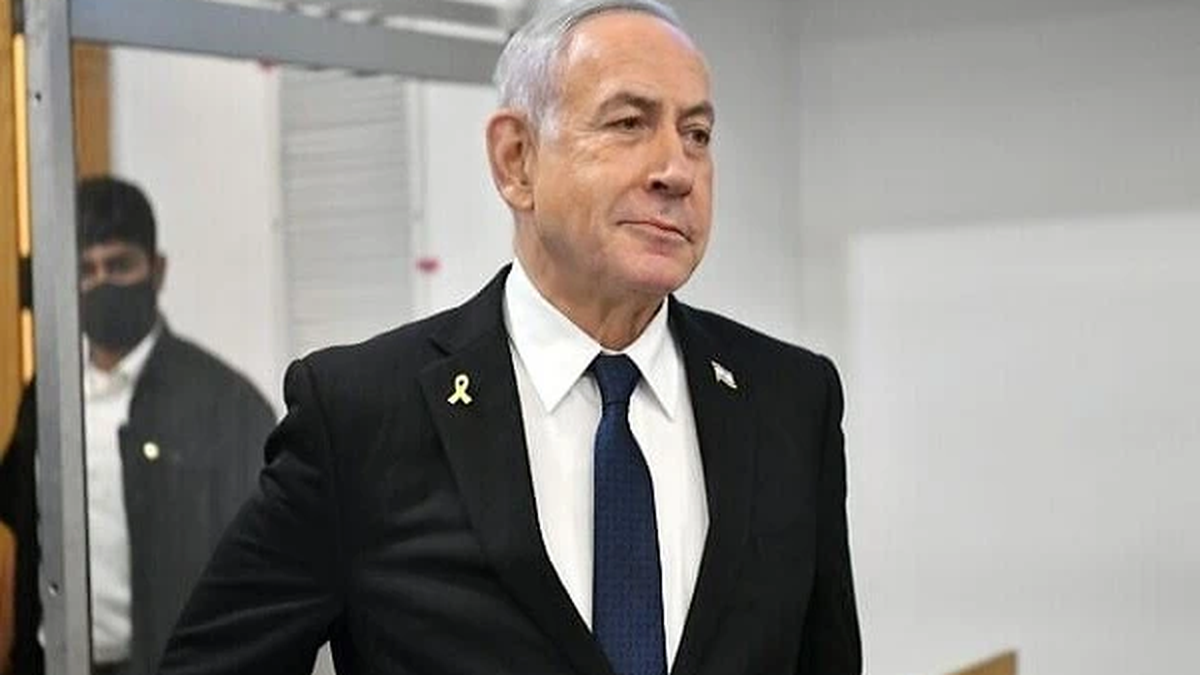

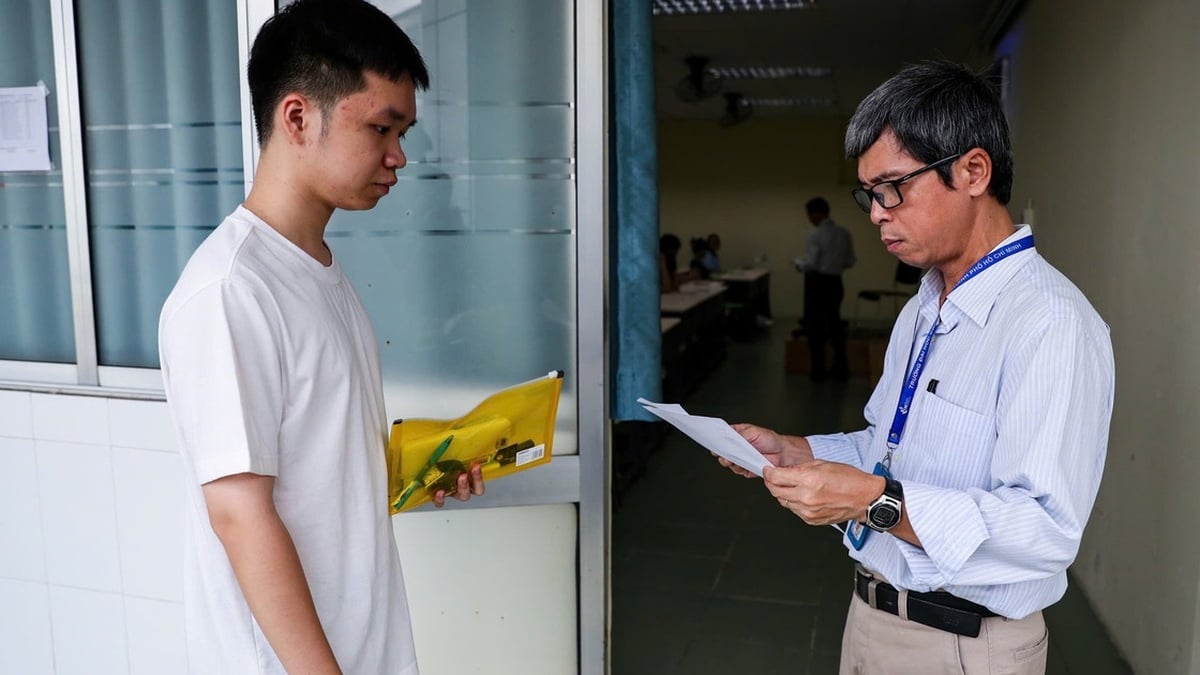

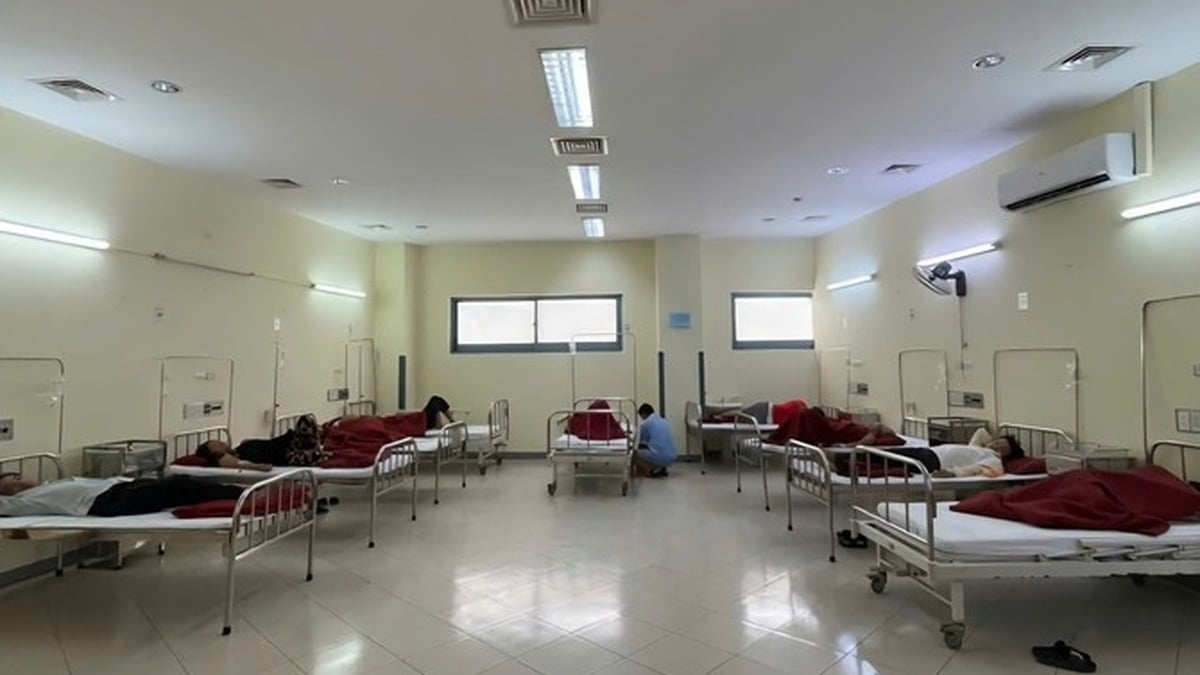


















![[Photo] National Assembly Chairman Tran Thanh Man visits Vietnamese Heroic Mother Ta Thi Tran](https://vphoto.vietnam.vn/thumb/1200x675/vietnam/resource/IMAGE/2025/7/20/765c0bd057dd44ad83ab89fe0255b783)


































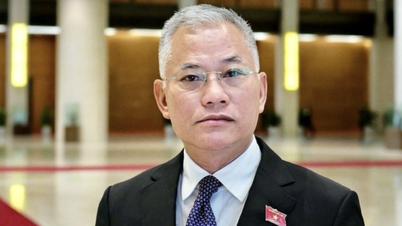
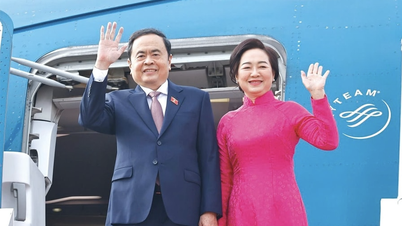
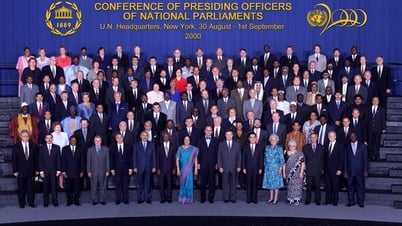

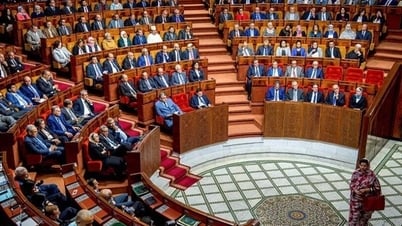





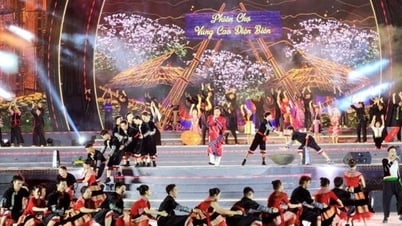
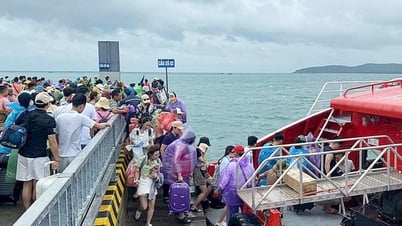





















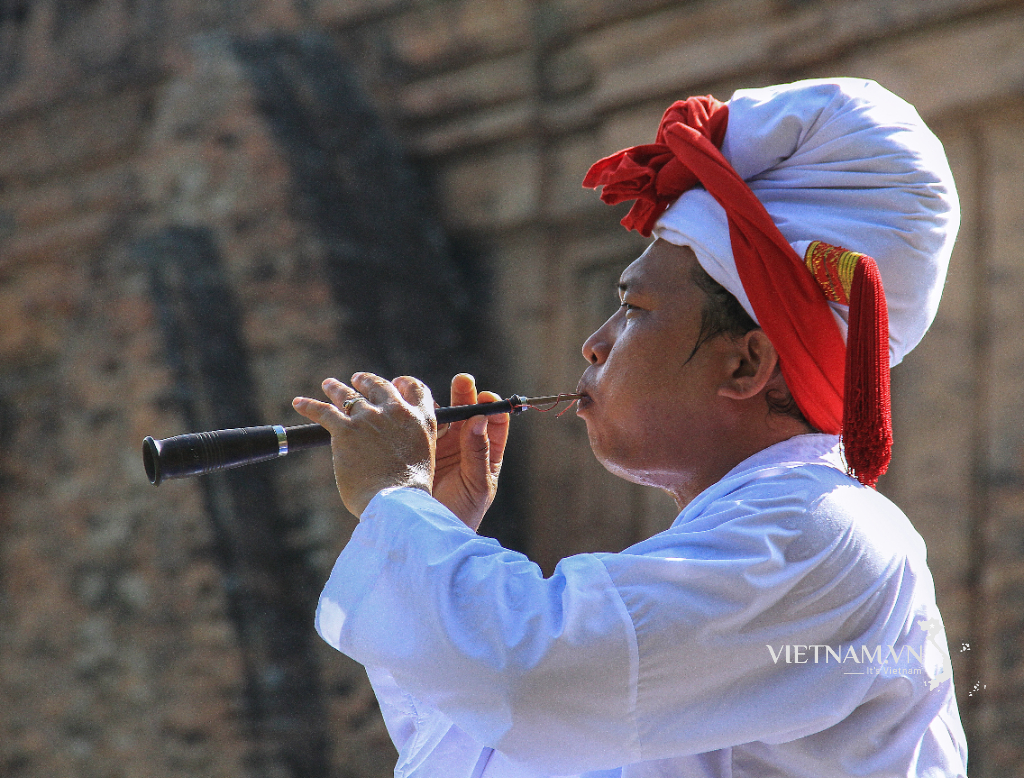

Comment (0)